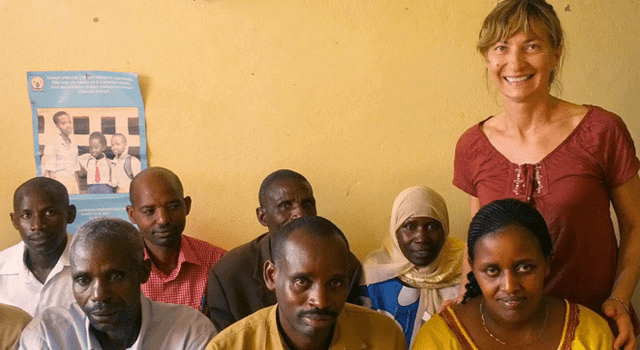
The main lesson is that even a nearly imperceptible deviation from the full inclusion of all relevant parties in every aspect of the project can result in large deviations from the expected outcomes
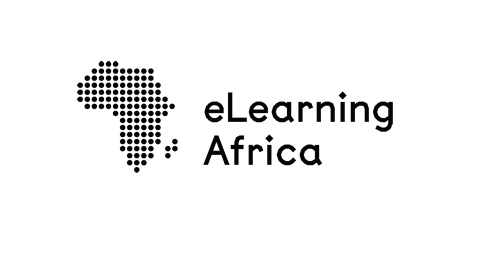
This report, and the survey findings behind it, provides a unique insight into the perspectives of EdTech experts regarding the impact of the Covid-19 pandemic on education in Africa. It is based on the findings of a survey of the eLearning Africa network, which attracted approximately 1650 responses from respondents in 52 countries in Africa.
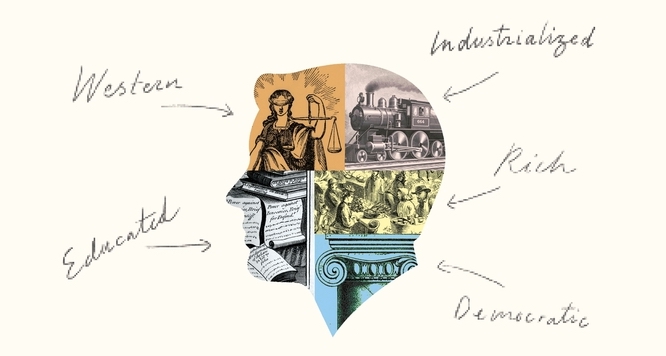
Provocative and engaging in both its broad scope and its surprising details, The WEIRDest People in the World explores how culture, institutions, and psychology shape one another, and explains what this means for both our most personal sense of who we are as individuals and also the large-scale social, political, and economic forces that drive human history.
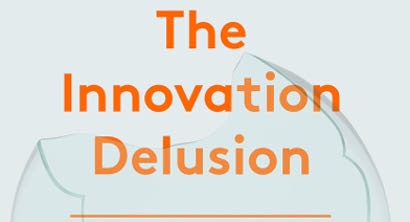
The authors offer a compelling plan for how we can shift our focus away from the pursuit of growth at all costs, and back toward neglected activities like maintenance, care, and upkeep.
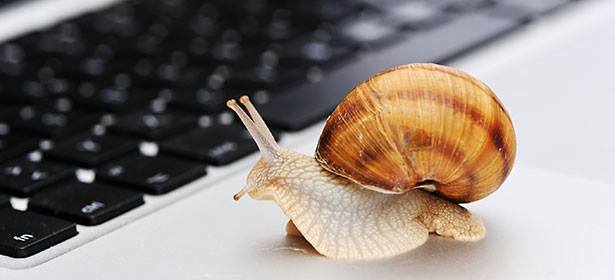
Drawing on the ideas of the "slow movement", Slow Computing sets out numerous practical and political means to take back control and counter the more pernicious effects of living digital lives.
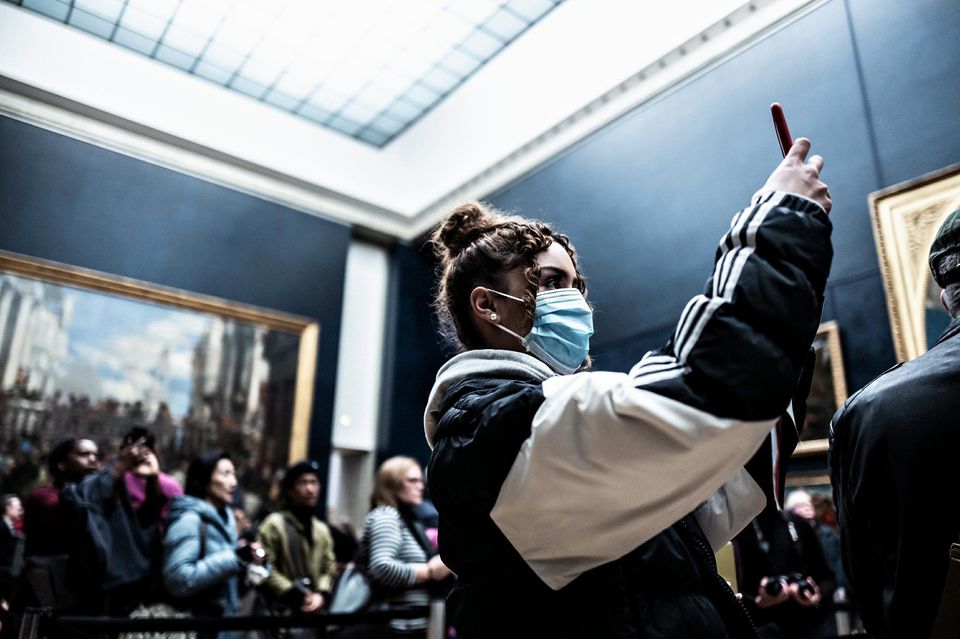
Sur la base d'une enquête de terrain menée Genève, Los Angeles et Tokyo, cet ouvrage aborde la dimension proprement anthropologique du smartphone.
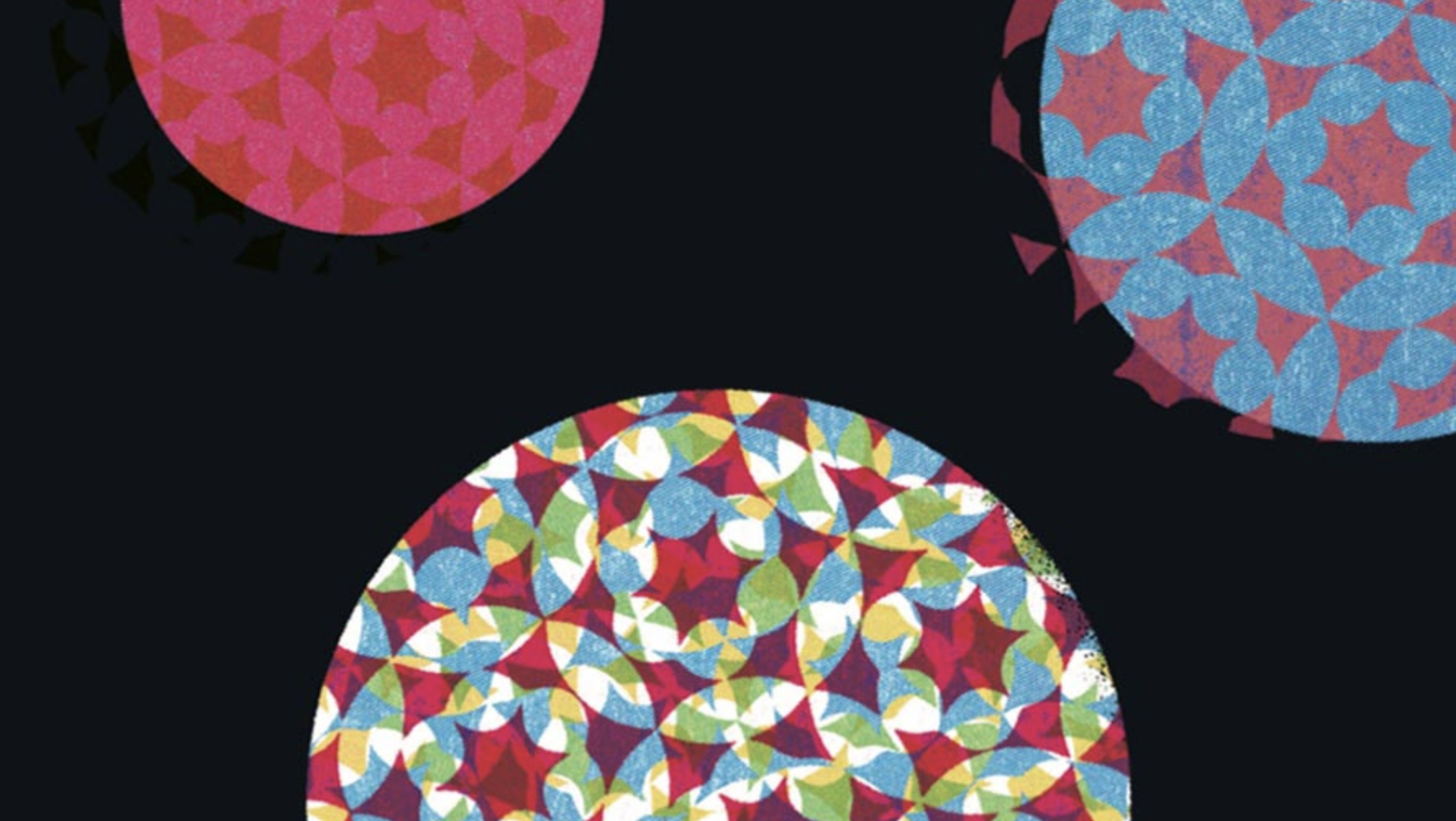
Behavior change design creates entrancing - and effective - products and experiences. Whether you've studied psychology or are new to the field, you can incorporate behavior change principles into your designs to help people achieve meaningful goals, learn and grow, and connect with one another.
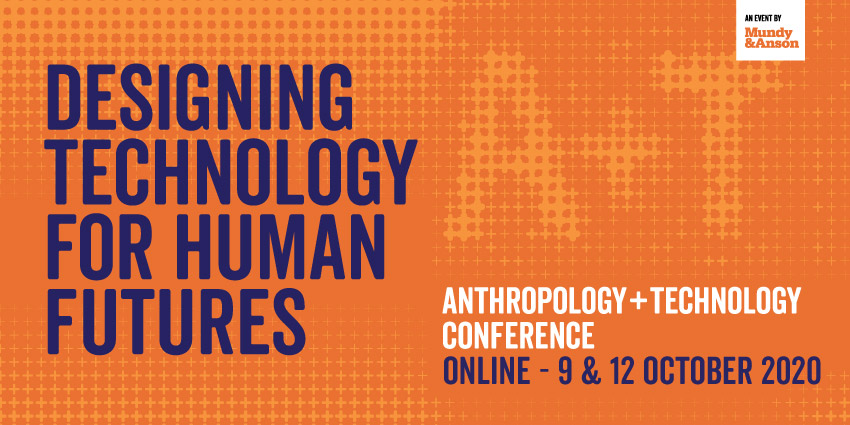
The Anthropology + Technology conference brings together pioneering technologists and social scientists from across the globe. Its aim is to facilitate dialogue on emerging technology projects in order to help businesses benefit from more socially-responsible AI.
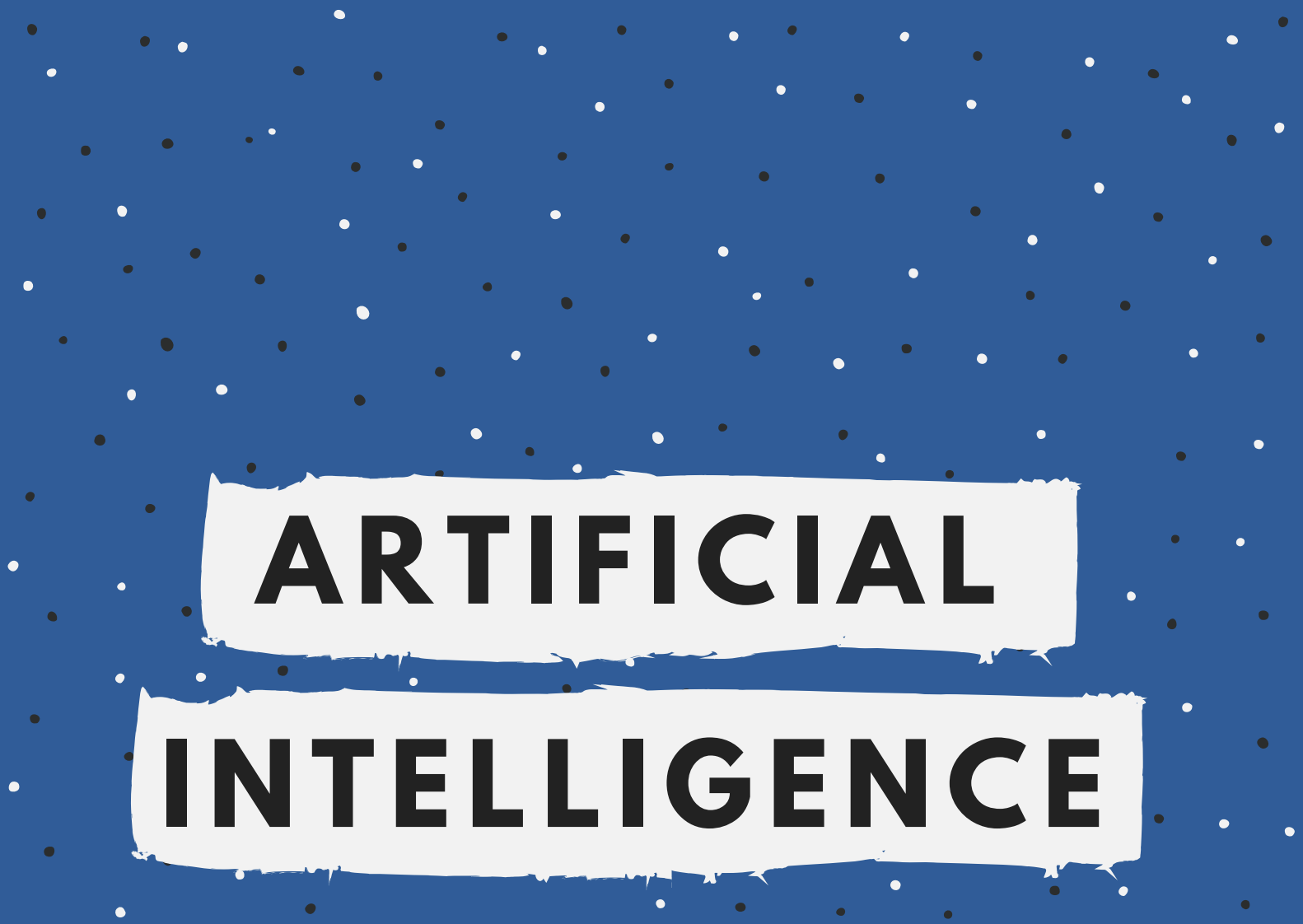
Artificial Intelligence is permeating a wide range of areas and it is bound to transform work and society. This dossier asks what needs to be done politically in order to shape this transformation for the sake of the common good.

The social sciences don't produce much in the way of patentable widgets or, indeed, life-saving vaccines. However, the analysis and insights they generate can and do underpin better-evidenced decisions and help guide and target insights from the "natural" sciences.
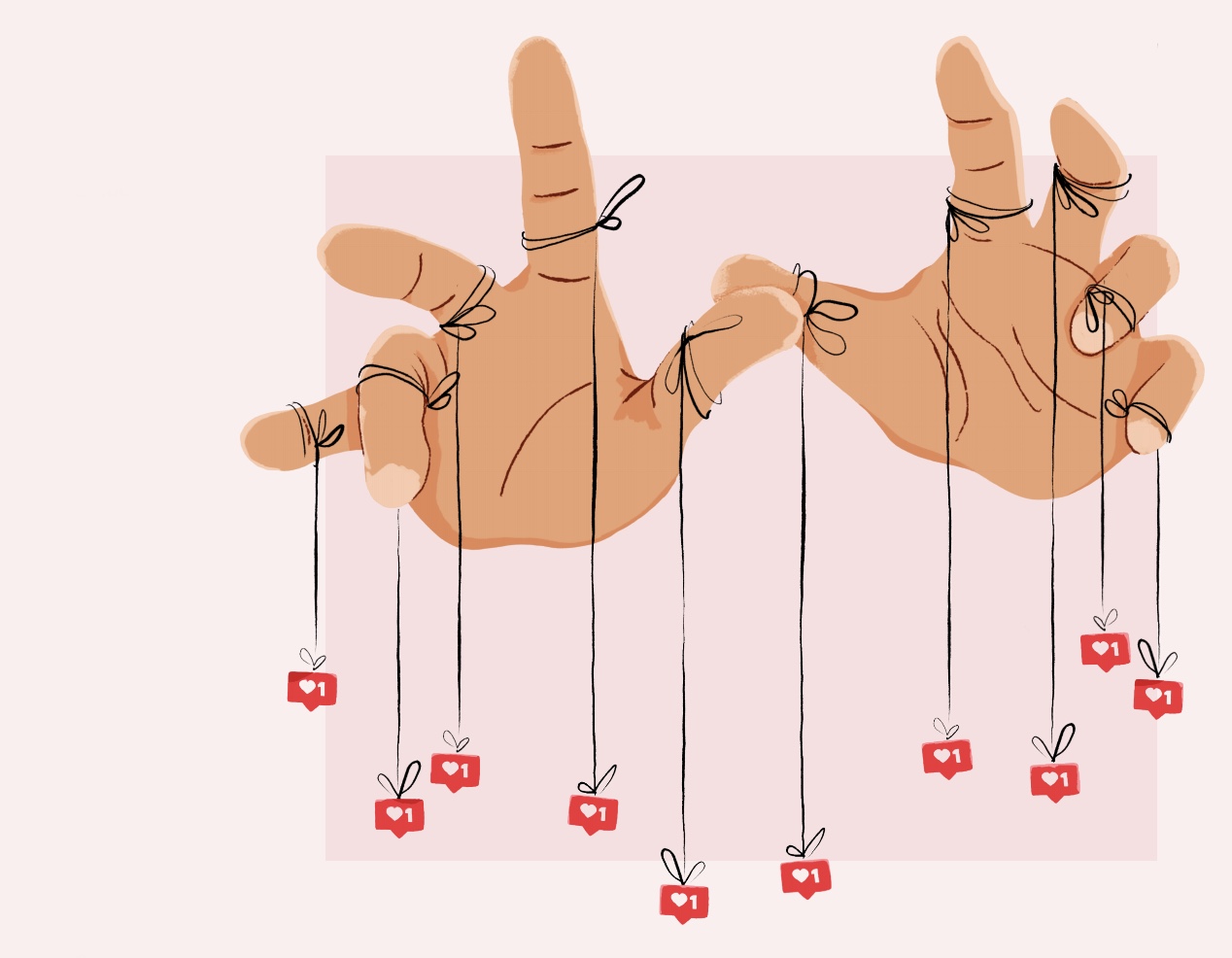
Research has gradually revealed the extent to which online manipulation has been weaponised to affect societies in almost every important way that society works.
Yet while almost everyone is touched in one way or another by online manipulation, only a tiny part of society has generally been involved in confronting it.

New worlds need new language. TOne of those things to name is what is happening to ourselves and our data proxies. Expanding our language from privacy to personhood enables us to have conversations that enable us to see that our data is us, our data is valuable, and our data is being collected automatically.

While UX designers are trained to be on the side of the user, there are ways that the user experience can be manipulated to be in favor of the "product" in this case, a candidate. UX designer Mary Formanek broke down how this worked in an interview with Salon.

The book explores the future of artificial intelligence (AI) through interviews with AI experts and explores AI history, product examples and failures, and proposes a UX framework to help make AI successful.
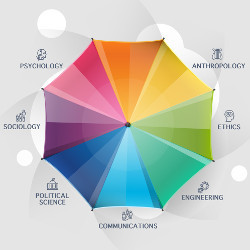
This article argues [that] the well-publicized social ills of computing will not go away simply by integrating ethics instruction or codes of conduct into computing curricula. The remedy to these ills instead lies less in philosophy and more in fields such as sociology, psychology, anthropology,…

Published before global movement drew largely to a halt, before the majority of the earth's human population was shut indoors and before words like "virus" and "pandemic" proliferated, this curated collection is today far more than timely.
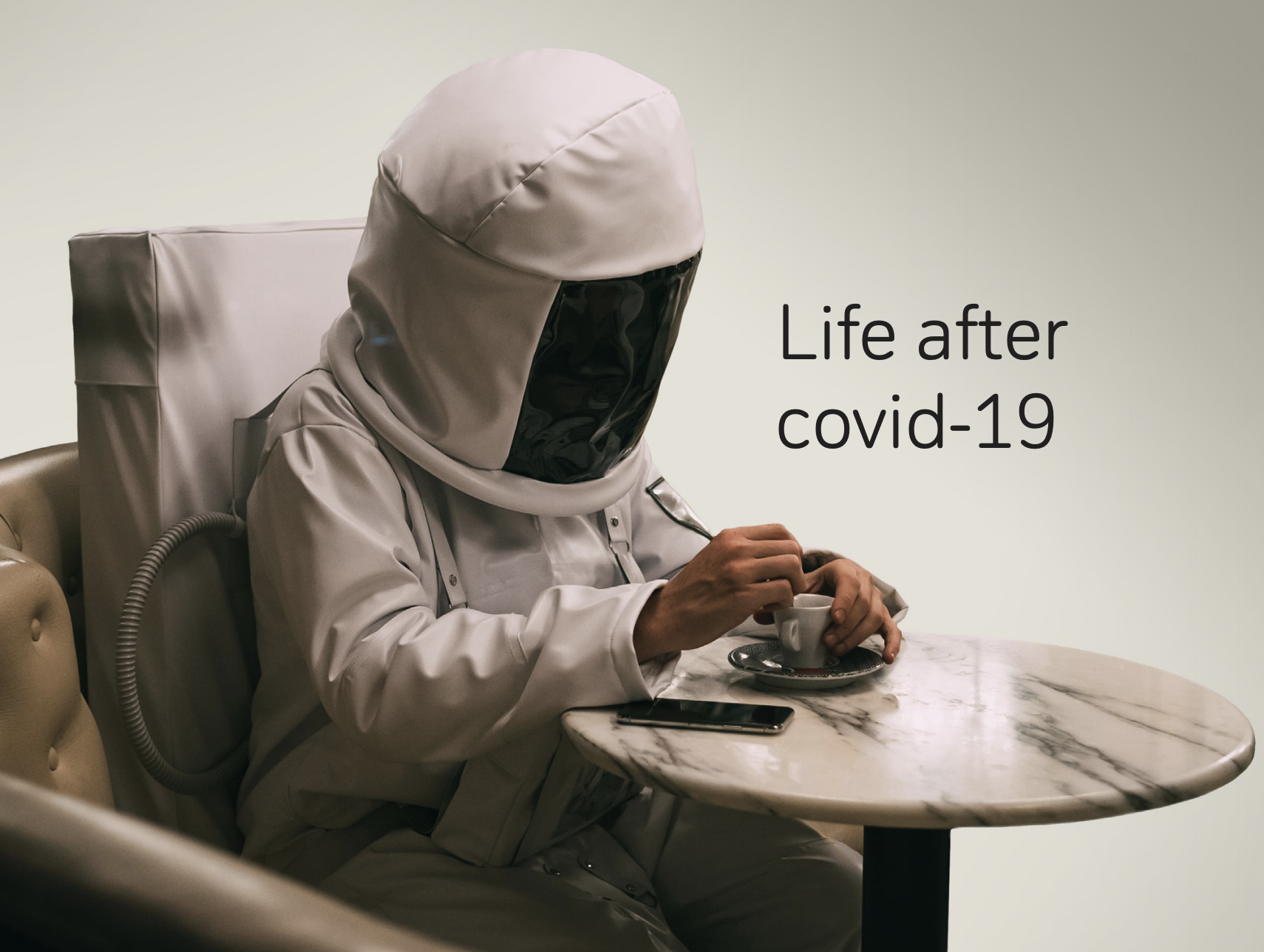
It will take years to recover from covid-19. This edition of Konzept, the online magazine of Deutsche Bank Research, analyses the many different ways in which the world will be different and outlines options to deal with the most difficult challenges our societies and economies now face.

Almost every aspect of society will change after the pandemic, but if we learn lessons then life can be better. Featuring expert authors from across academia and civil society, this book offers ideas that might put us on alternative paths for positive social change.
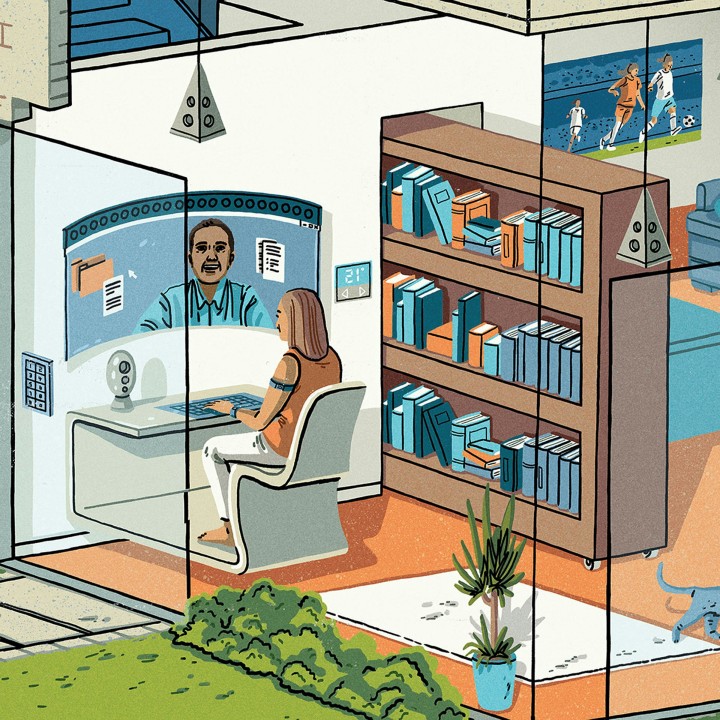
Vitra, the German manufacturing company, published this week a "set of hypotheses" on the future of the home, as living spaces are pushed to the limits.
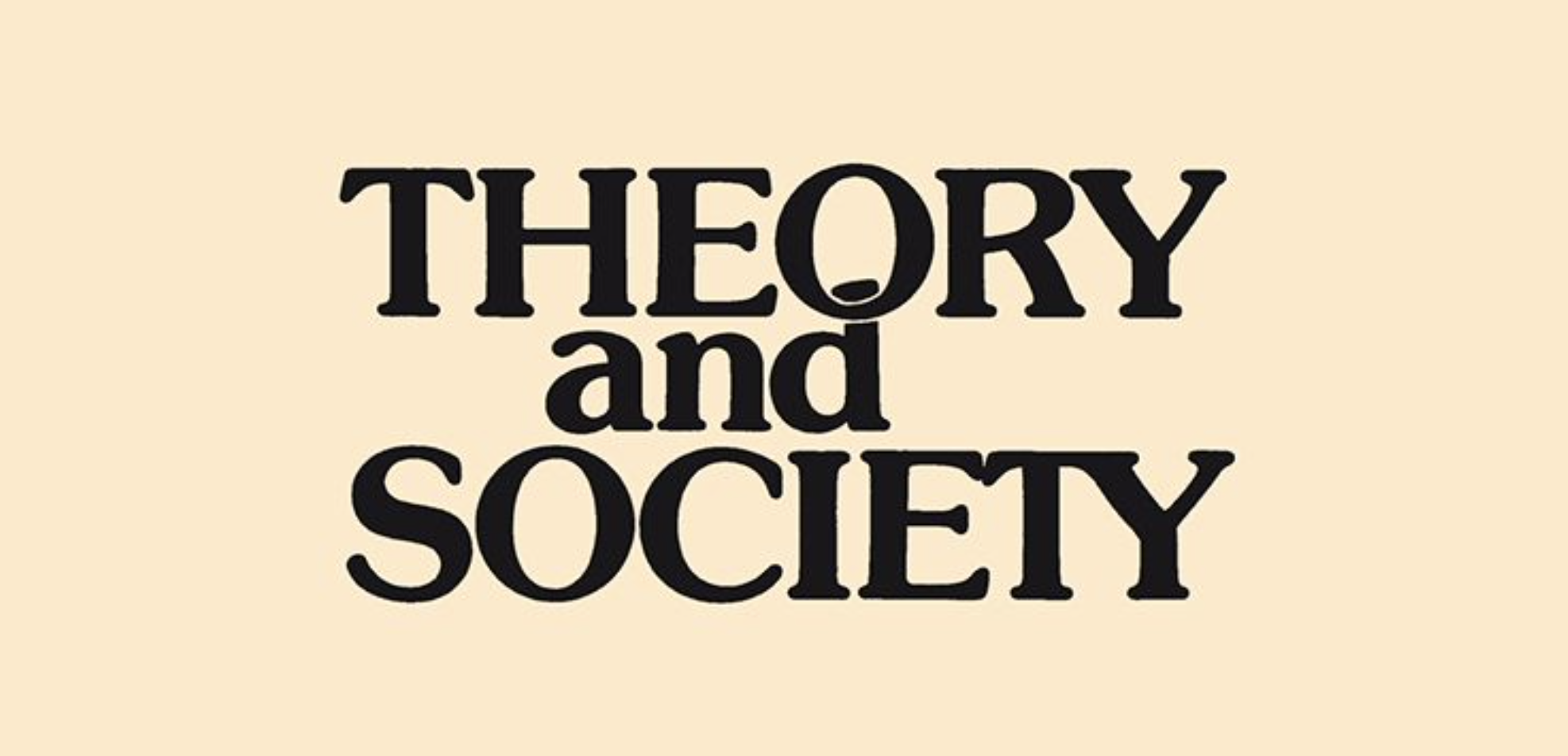
Angèle Christin argues that we can
explicitly enroll algorithms in ethnographic research, which can shed light on unexpected aspects of algorithmic systems - including their opacity. She delineates three mesolevel strategies for algorithmic ethnography.
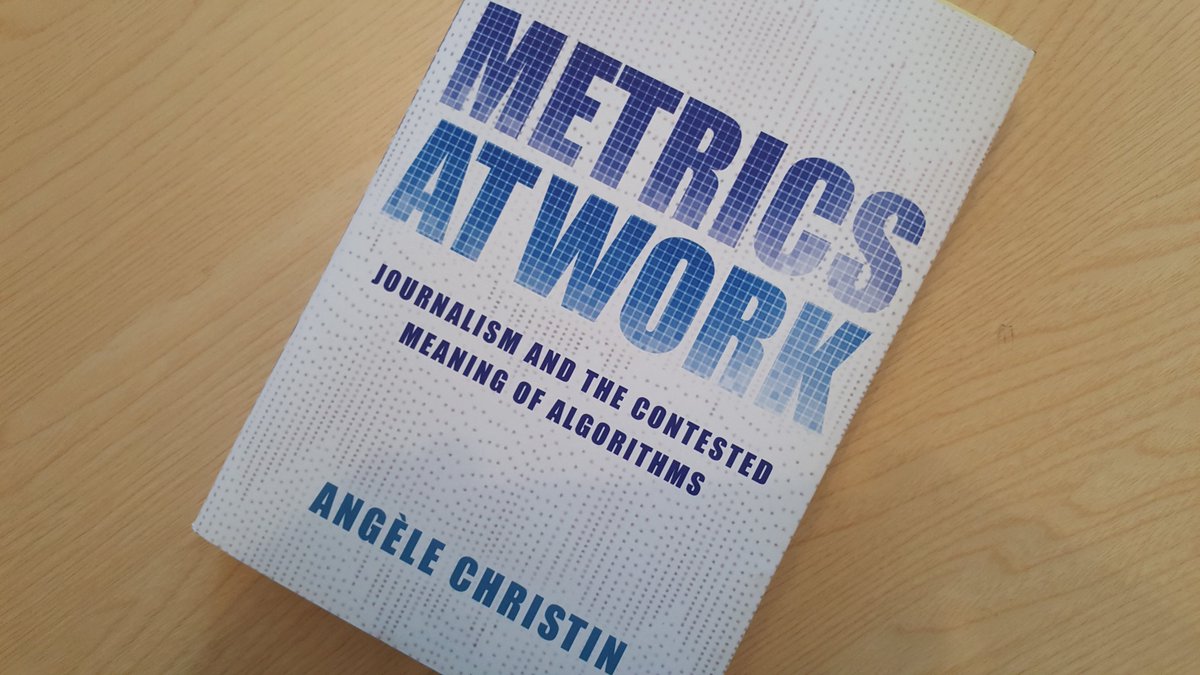
The starkly different ways that American and French online news companies respond to audience analytics and what this means for the future of news.
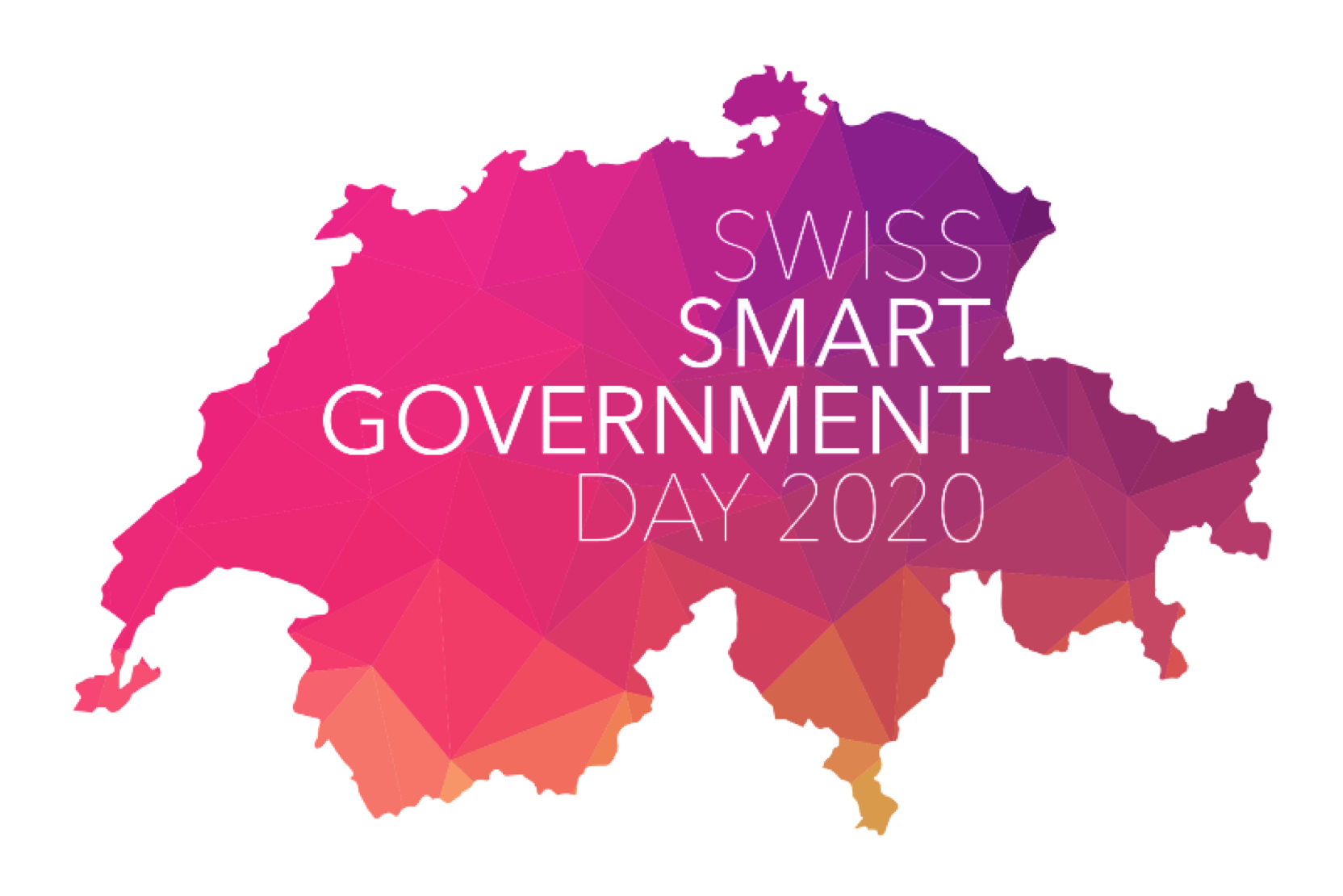
Experientia's partner Jan-Christoph Zoels and our Swiss collaborator Thomas Schertenleib will be leading the process workshop "Culture of participation: digital stakeholder engagement post COVID" at the upcoming Swiss Smart Government Day (8 September 2020, St. Gallen).
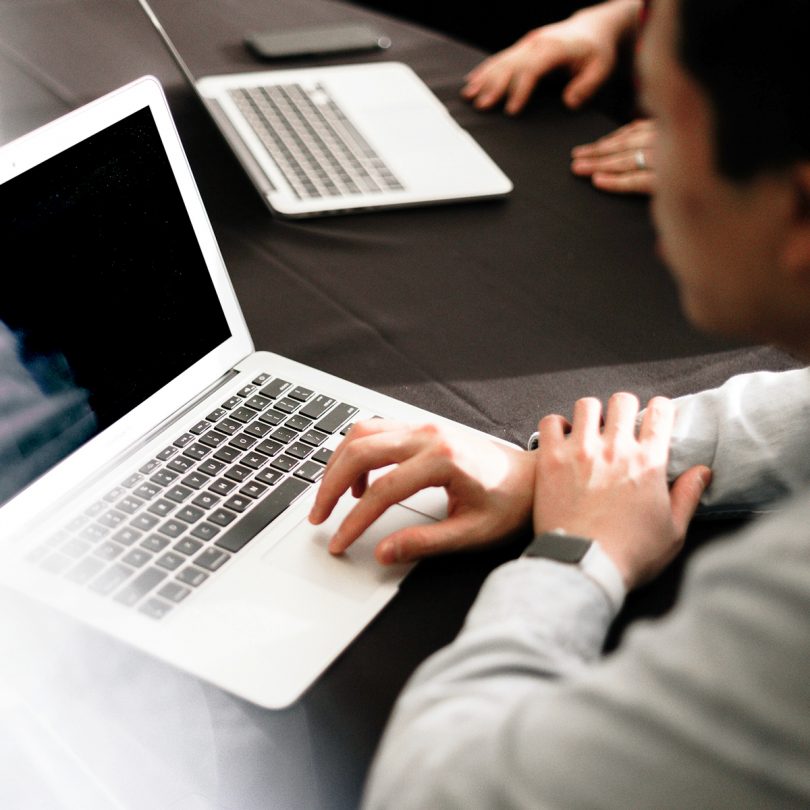
While it's easy to blame the user, phishing schemes have become incredibly sophisticated and believable. So, instead of blaming the user, we want to instead bring an empathetic lens, and understand more about their needs.
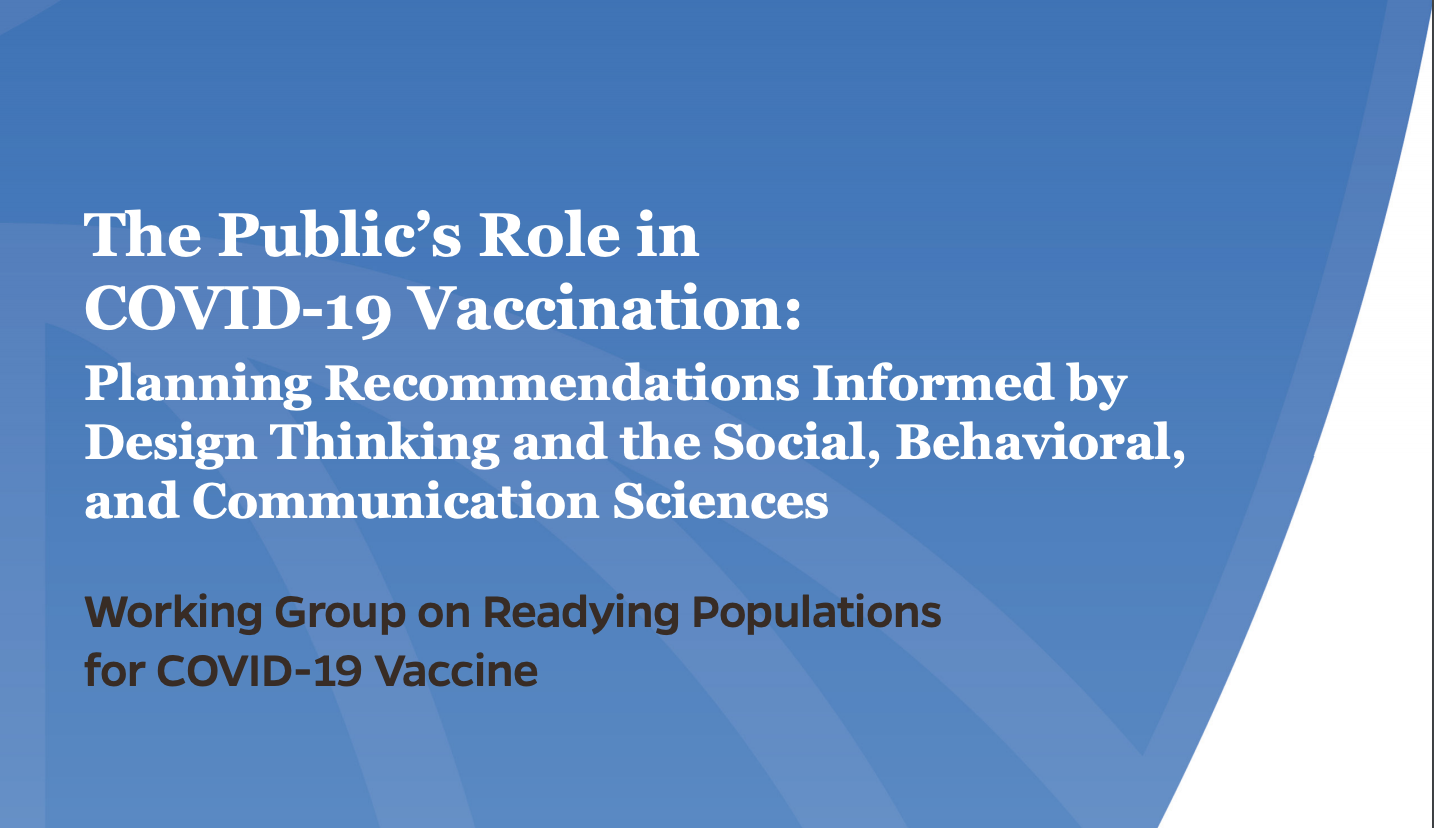
This report considers human factors in relation to future vaccines against the novel coronavirus (SARS-CoV-2), drawing on insights from design thinking and the social, behavioral, and communication sciences. It provides recommendations on how to advance public understanding of, access to, and acceptance of vaccines that protect against COVID-19.
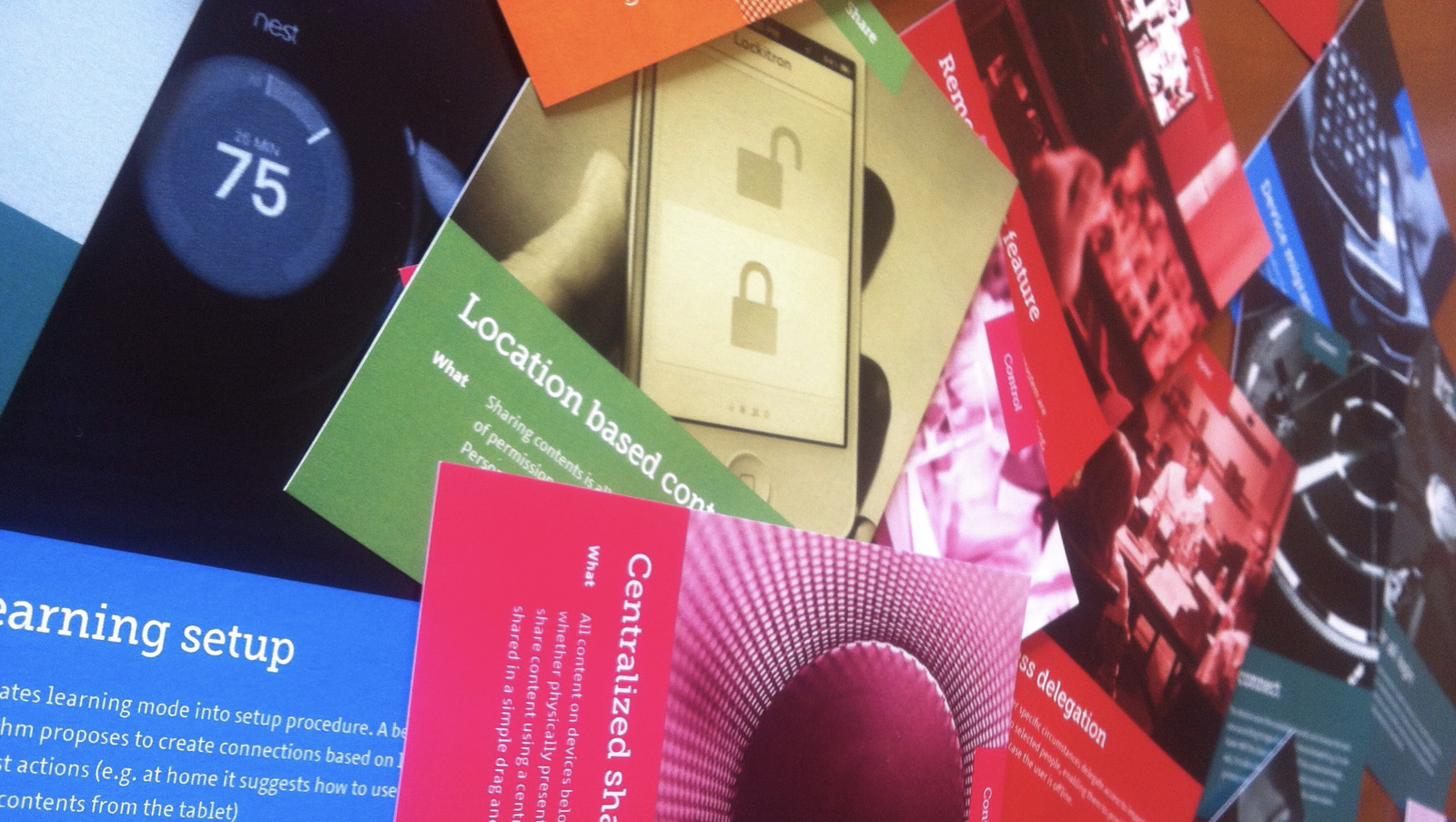
Today is the 15th birthday of Experientia.
The first ones to thank are all our collaborators (former and current ones), but also our clients, our partners and our network for their support and commitment. We wouldn't have reached our 15 years without you.
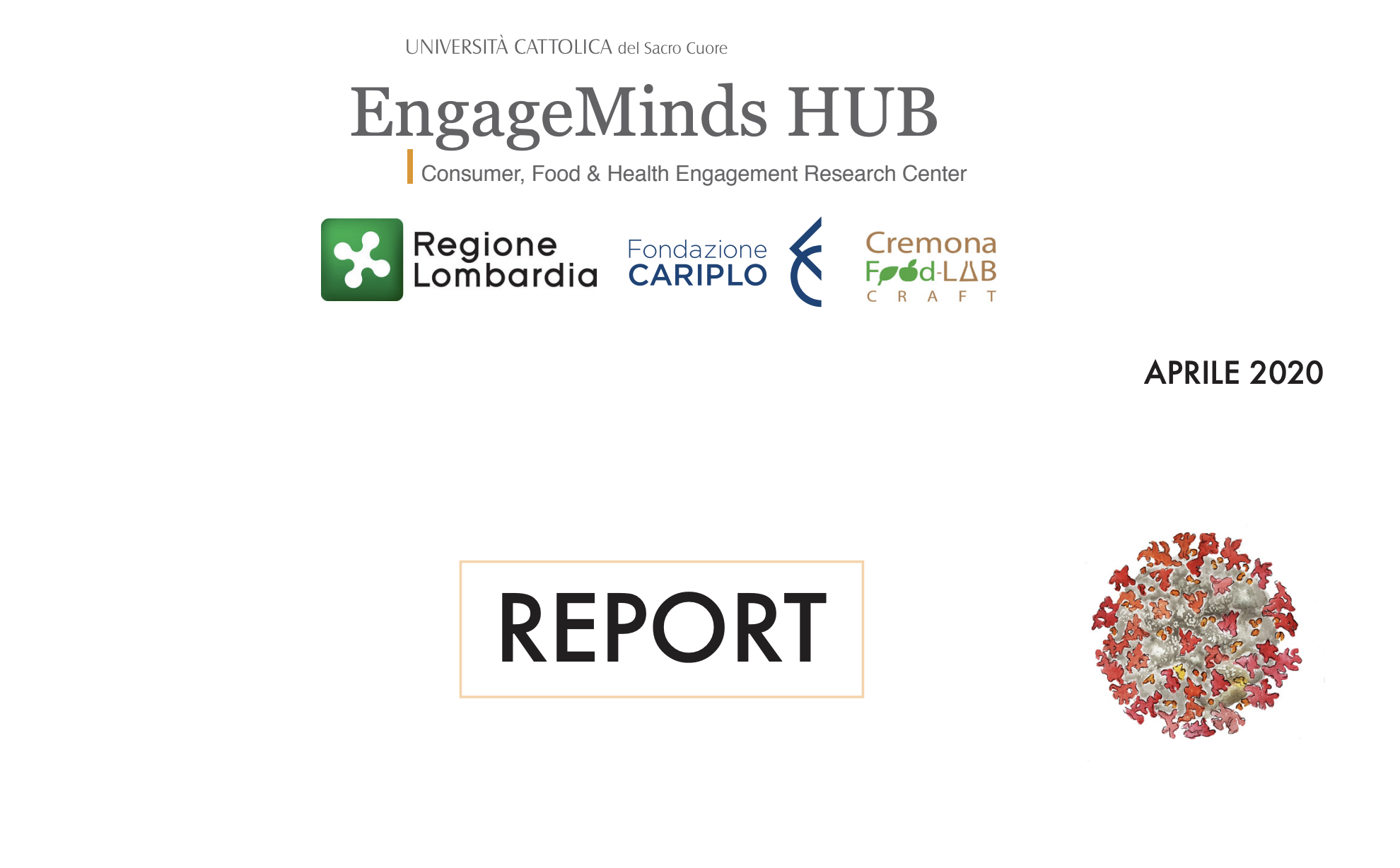
The Milan-based consumer and health research center EngageMinds HUB of the Università Cattolica has done some timely research on how Covid-19 has influenced the behavior of Italians.
The reports are all in Italian, so you should use a translation engine if you want to read them in full. Meanwhile here is a summary.
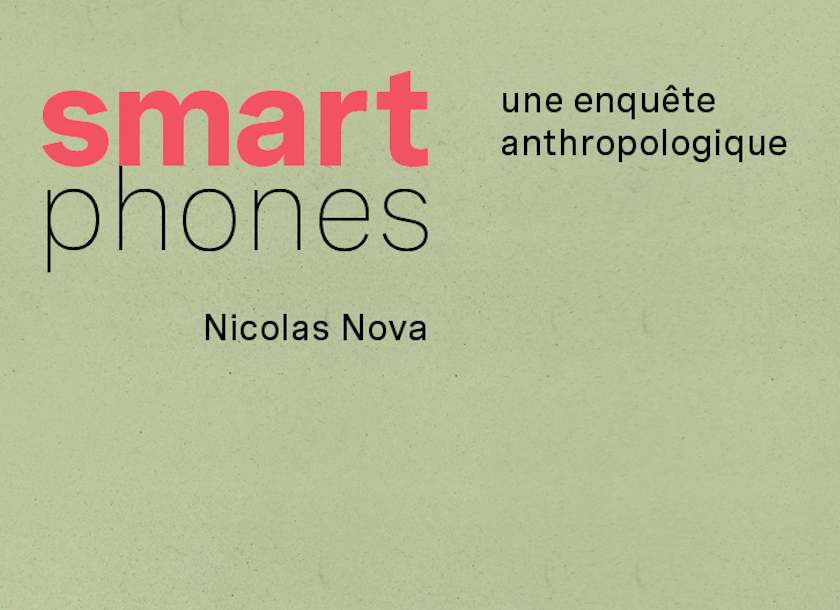
Sur la base d'une enquête de terrain menée à Genève, Los Angeles et Tokyo, cet ouvrage aborde la dimension proprement anthropologique du smartphone.
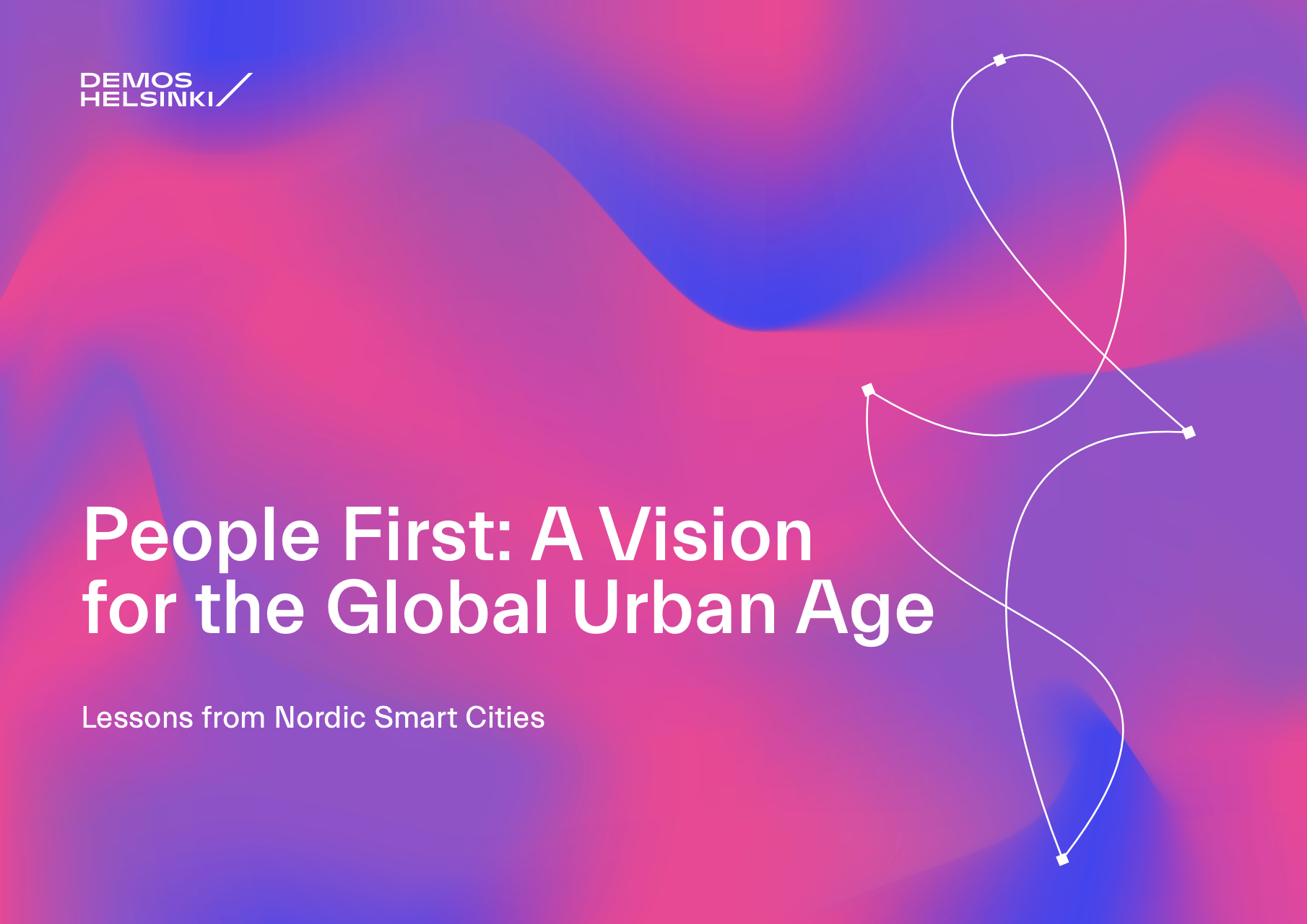
While it is argued that smart city development is at an impasse, we argue that it is at a crossroads. It is possible to simultaneously develop and adopt new technologies and strengthen people's rights. This has been proven in the Nordic cities and Barcelona. The People-first vision presented in this report shows how it is possible for all cities.
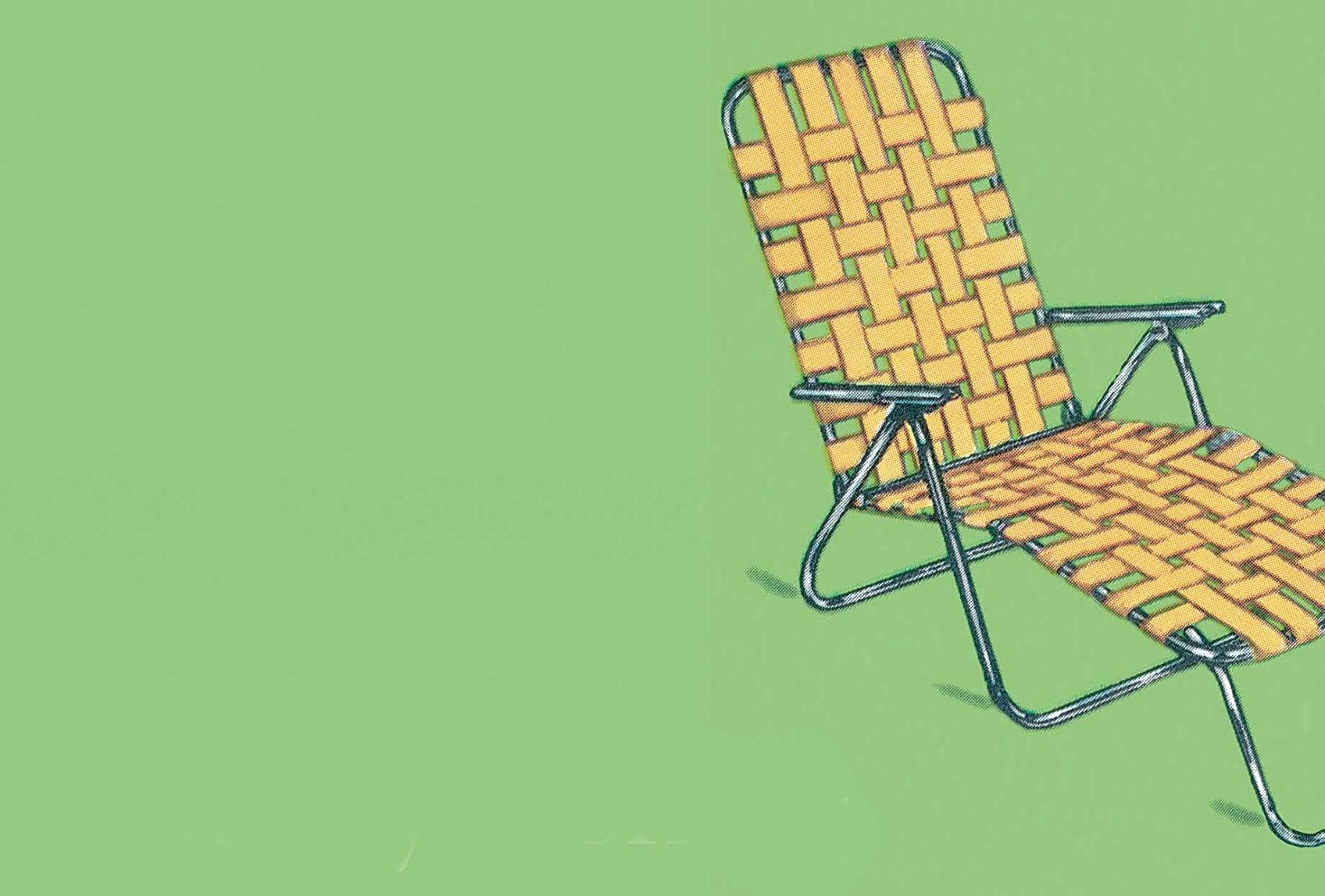
Drawing from an incredibly rich trove of global data, this groundbreaking book reveals that human progress has been slowing down since the early 1970s. Danny Dorling uses compelling visualizations to illustrate how fertility rates, growth in GDP per person, and even the frequency of new social movements have all steadily declined over the last few generations.
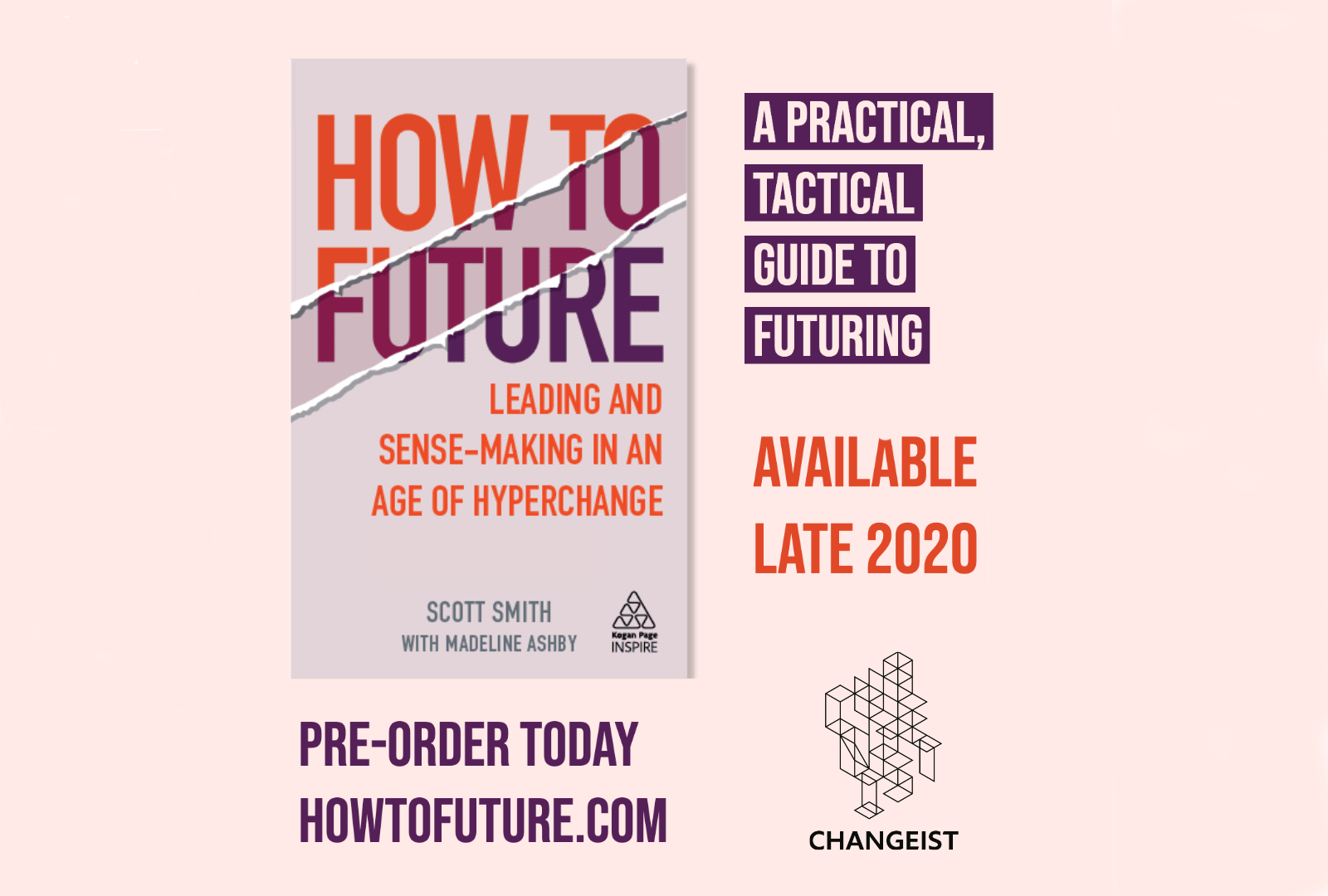
How to Future is a guidebook to futuring and arms you with tools, strategies and practices that illuminate new strategic pathways.

Humanity either learns key lessons from the pandemic, corrects course and becomes a more resilient species. Or it tears further apart and expands the divisions in society that predated Covid-19. In a new e-book on what will change, Breakingviews (a unit of Reuters, the news and media division of Thomson Reuters) takes the more optimistic view.

Without consideration for all humans inhabiting cities, smart city and technological approaches have the potential to exacerbate socio-economic divisions, corporate dominance, and top-down governance.
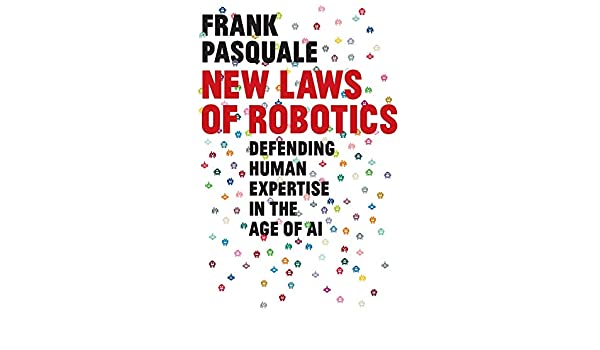
AI is poised to disrupt our work and our lives. We can harness these technologies rather than fall captive to them - but only through wise regulation.
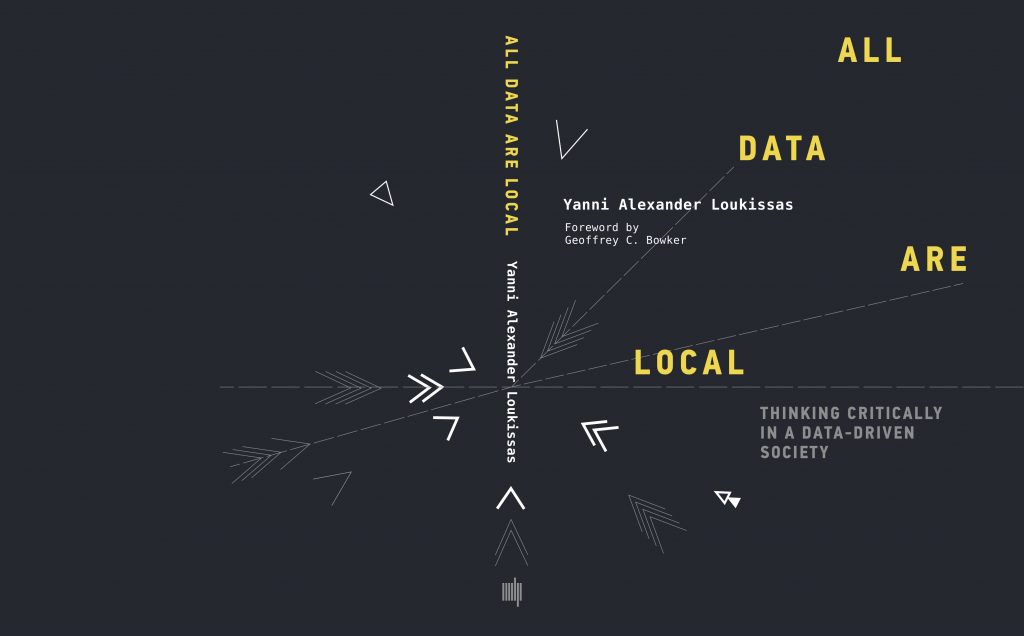
In our data-driven society, it is too easy to assume the transparency of data. Instead, we should approach data sets with an awareness that they are created by humans and their dutiful machines, at a time, in a place, with the instruments at hand, for audiences that are conditioned to receive them, says Yanni Alexander Loukissas, Assistant Professor of Digital Media in the School of Literature, Media, and Communication at Georgia Tech.
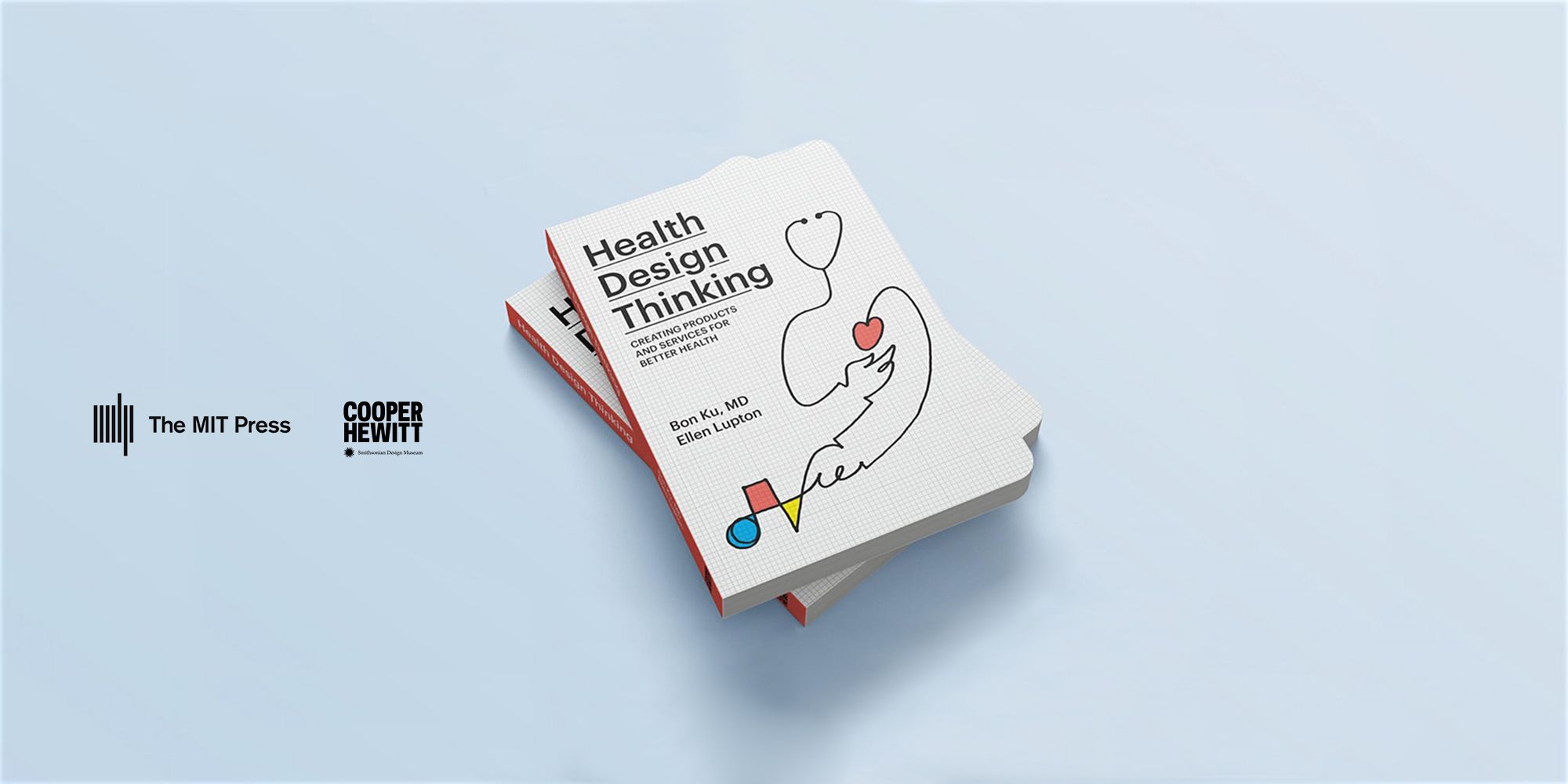
Applying the principles of human-centered design to real-world health care challenges, from drug packaging to early detection of breast cancer.

The MVP is a double-edged sword in that it focuses your engineering and product management priorities, but might steamroll user priorities. An MVP that misses 'desirable' will risk the unintended consequence of poor user adoption.

The world after Corona will not be the same. When the corona wave has passed, our societies will likely be more value-oriented, local and green, writes Christian Bason of the Danish Design Centre.
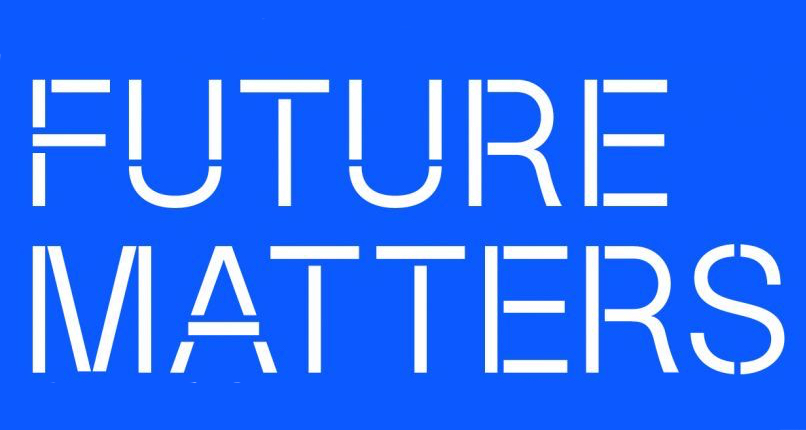
In the first Constellation of Future Matters, the team of the Emerging Technologies Research Lab of Monash University considers various aspects, from different perspectives, of the home during crisis.
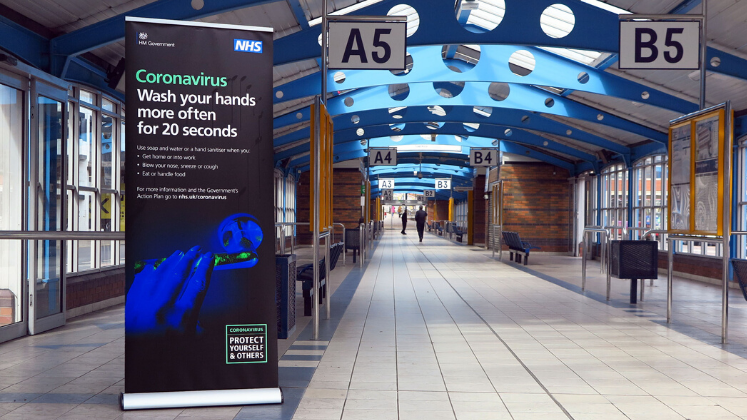
While the role of behavioural science in the UK's handling of the pandemic has been criticised, Peter John and Gerry Stoker argue that it is important for governments to try and influence citizens' behaviour rather than rely on laws that are harder to enforce. They nevertheless explain why a different "nudging" approach ought to have been used in this case.

New research from Wharton marketing professors Shiri Melumad and Robert Meyer finds that people are more willing to share deeper and more personal information when communicating on a smartphone compared with a personal computer.







































